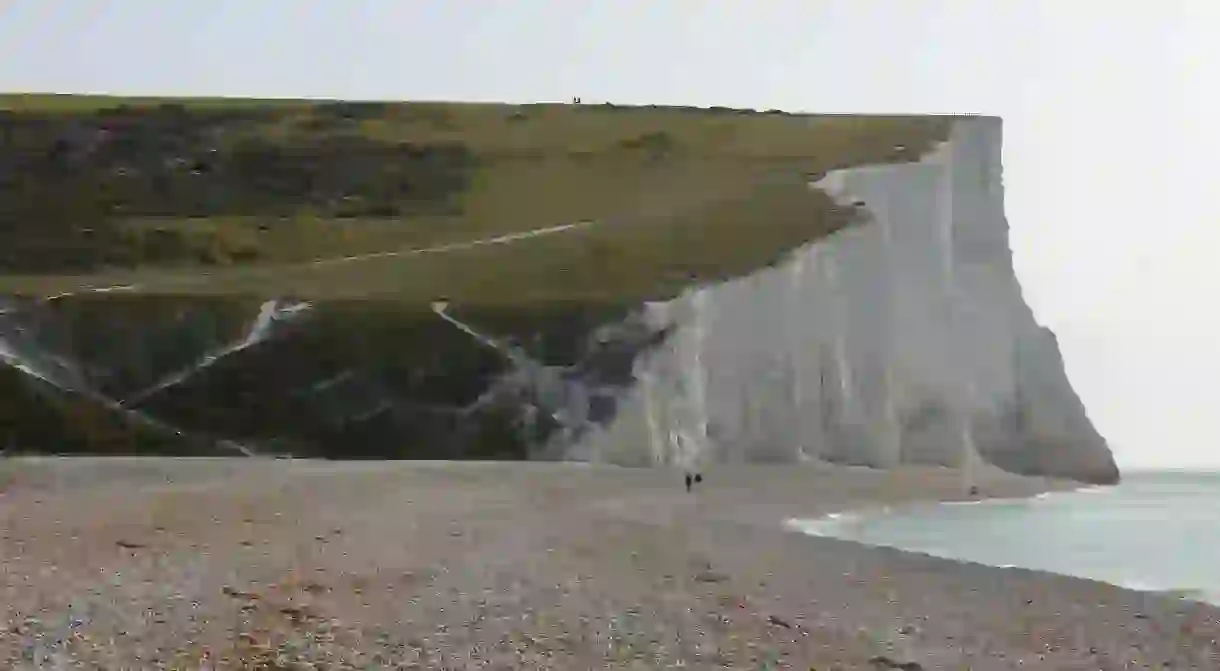8 Great Day Trips to Take from Brighton

Oh, we do love to be beside the seaside – but inland and down the coast from Brighton holds plenty of appeal for pleasure-seekers too. With staggering geographical diversity comes a landscape full of surprises, inviting the greatest creative minds to capture its essence. There are more unique day trips here than could fit in an entire year – but here’s our pick for the most stunning views and cultural highs from Sussex to Kent to Hampshire.
South Downs National Park
Natural Feature

The South Downs National Park spans the coastal counties of Hampshire in the west to East Sussex and is one of the most recently designated national parks. It has always been an adventurists’ mecca, however — mountain bikers grind the hills alongside ramblers touring the South Downs Way in the company of horseback riders. At the peak of its charms sits Ditchling Beacon, a punishing climb for cyclists, but with a view over the Sussex countryside that makes every switchback worth the sweat. A few miles further to the east towards Lewes, there’s a bird’s-eye view of the home of the Brighton and Hove Albion, American Express Stadium. To the west is Devil’s Dyke, containing the UK’s largest dry valley and resplendent vistas. Every photo along the Downs’ 3000 acres is postcard-worthy.
Arundel Castle
Market
Lewes
Market

Rye and Camber Sands

Hever Castle

London
Architectural Landmark

Given its proximity to the capital, Brighton is home to one of the largest commuter populations in the country. Just a short ride — around an hour — connects two cities that rarely sleep. For an experience that only London can offer, check out a matinée on the West End before deciphering the Rosetta Stone at the British Museum. More than a day is needed, but it’s always best to leave wanting more.
The Seven Sisters
Natural Feature

The National Trust in Sussex & Kent
Architectural Landmark, Historical Landmark
Any day trip would be deficient without at least several stops at some of the National Trust’s amazing portfolio of properties. In West Sussex, spend some time at Petworth House and Gallery – home to the Trust’s largest collection of pictures – including pieces by Turner and Blake. In East Sussex, Rudyard Kipling’s preserved home, Bateman’s, sits some 20 miles east of Virginia Woolf’s Monk’s House. If there’s time to spare, larger estates like Wakefield Place and Sheffield Park Garden are not to be missed.













